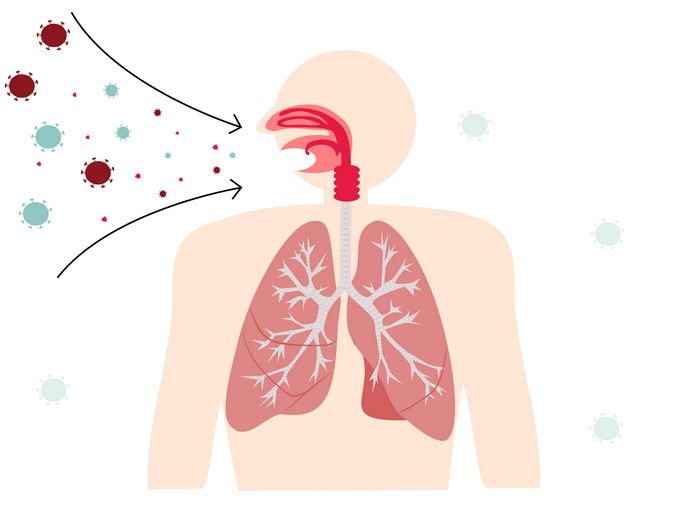Integrated solutions for sustainable elderly care
Caring for elderly patients with dementia is especially challenging when combined with other health issues. Medical practitioners currently lack efficient guidelines and tools to manage simultaneous conditions in an integrated way. As a result, elderly patients living with both dementia and multiple chronic diseases often receive fragmented care, where their cognitive status and comorbidities are treated separately rather than as a whole. “This leads to gaps in care planning, poor adherence and limited support for patients and caregivers,” explains CAREPATH(opens in new window) project technical coordinator Jaouhar Ayadi from ECLEXYS(opens in new window) in Switzerland.
Patient-centred digital platforms
The EU-funded CAREPATH project sought to address this by delivering an integrated, guideline-driven and patient-centred digital platform to support clinicians, empower patients and ensure optimal care. “From the beginning, the project was built around three complementary components that together provide a holistic and scalable solution,” adds Ayadi. “A home and health monitoring platform was developed to continuously collect real-time data on behavioural and physiological functions. Advanced early-warning decision tools derive dementia profiles and intrinsic capacity, enabling early detection of decline.” Secondly, a patient empowerment platform was developed to support patients with personalised reminders, guidance and educational materials to reinforce adherence. Finally, an Adaptive Integrated Care Platform intended for medical practitioners, uses evidence-based clinical guidelines to generate adaptive care plans. These innovations were assessed through technical interoperability testing and clinical pilots in multiple European countries. “The structured approach we took was designed to ensure that interventions are evidence-based, personalised and dynamically adapted to patients’ evolving conditions,” notes Ayadi.
Improved adherence, autonomy and quality of life
CAREPATH has delivered several significant results. On the technology side, the project successfully developed an integrated digital platform combining home monitoring, patient empowerment and adaptive care planning, supported by a clinical decision support module that translates guidelines into actionable care plans. “We also developed a ‘first-of-its-kind’ consolidated clinical guideline that simultaneously treats multimorbidities and dementia,” says Ayadi. “This will enable clinicians to manage these complex conditions in an integrated, evidence-based manner.” On the clinical side, CAREPATH has opened the door to more personalised care of multimorbid elderly patients with dementia, and improved early detection of functional and cognitive decline. “Patients and caregivers reported improved adherence, autonomy and quality of life through using the platform,” remarks Ayadi. “Pilot studies confirmed usability, clinical relevance and feasibility.”
Extended clinical validation and clinical studies
The efficient, evidence-based management of complex multimorbidities and dementia can help health systems to prevent complications and reduce burden and costs. This is a critical issue given the challenge of dealing with ageing populations. The project’s guidelines for managing multimorbidities and dementia are transferrable and could play a key role in the long-term sustainability of healthcare delivery. “Next steps include extended clinical validation through longer-term, multisite clinical studies,” says Ayadi. “Regulatory compliance and certification also need to be completed to enable deployment across European healthcare systems.” The hope is that CAREPATH will then be integrated into hospital, primary care and home care workflows, with training provided to clinicians and caregivers to ensure endorsement. “The project’s findings will continue to be disseminated through publications, open-source guidelines and stakeholder engagement,” adds Ayadi. “This will support the scaling of patient-centred integrated care for elderly patients with multimorbidities and dementia.”







